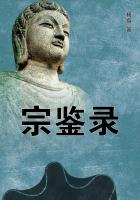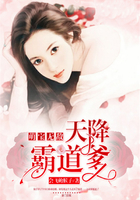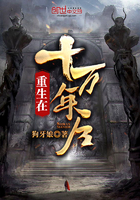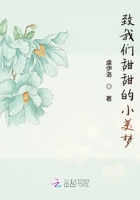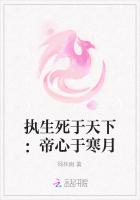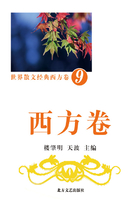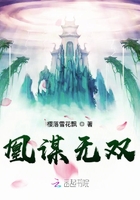The two Ladies continued walking together till rejoined by the others, who as they issued from the Library were followed by a young Whitby running off with five volumesunder his arm to Sir Edward's Gig—and Sir Edward approaching Charlotte, said 'You may perceive what has been our Occupation. My Sister wanted my Counsel in the selection of some books.—We have many leisure hours, and read a great deal.—I am no indiscriminate Novel-Reader. The mere Trash of the common Circulating Library, I hold in the highest contempt. You will never hear me advocating those puerile Emanations which detail nothing but discordant Principles incapable of Amalgamation, or those vapid tissues of ordinary Occurrences from which no useful Deductions can be drawn.—In vain may we put them into a literary Alembic;—we distil nothing which can add to Science.— You understand me I am sure?' 'I am not quite certain that I do.— But if you will describe the sort of Novels which you do approve, I dare say it will give me a clearer idea.' 'Most willingly, Fair Questioner.—The Novels which I approve are such as display Human Nature with Grandeur—such as shew her in the Sublimities of intense Feeling—such as exhibit the progress of strong Passion from the first Germ of incipient Susceptibility to the utmost Energies of Reason half-dethroned,—where we see the strong spark of Woman's Captivations elicit such Fire in the Soul of Man as leads him—(though at the risk of some Aberration from the strict line of Primitive Obligations)—hazard all, dare all,achieve all, to obtain her.—Such are the Works which I peruse with delight, and I hope I may say, with Amelioration. They hold forth the most splendid Portraitures of high Conceptions, Unbounded Views, illimitable Ardour, indomptible Decision—and even when the Event is mainly anti-prosperous to the high-toned Machinations of the prime Character, the potent, pervading Hero of the Story, it leaves us full of Generous Emotions for him;—our Hearts are paralized. T'were Pseudo-Philosophy to assert that we do not feel more enw****d by the brilliancy of his Career, than by the tranquil and morbid Virtues of any opposing Character. Our approbation of the Latter is but Eleemosynary.—These are the Novels which enlarge the primitive Capabilities of the Heart, and which it cannot impugn the Sense or be any Dereliction of the character, of the most anti-puerile Man, to be Conversant with.'— 'If I understand you aright'—said Charlotte—'our taste in Novels is not at all the same.' And here they were obliged to part—Miss D. being too much tired of them all, to stay any longer.—The truth was that Sir Edward whom circumstances had confined very much to one spot had read more sentimental Novels than agreed with him. His fancy had been early caught by all the impassioned, and most exceptionable parts of Richardson; and such Authors as have since appeared to tread in Richardson's steps, so far as Man's determined pursuit of Woman in defiance of every opposition of feeling and convenience is concerned, had since occupied the greater part of his literary hours, and formed his Character.—With a perversity of Judgement, which must be attributed to his not having by Nature a very strong head, the Graces, the Spirit, the Sagacity, and the Perseverance, of the Villain of the Story outweighed all his absurdities and all his Atrocities with SirEdward. With him, such Conduct was Genius, Fire and Feeling.— It interested and inflamed him; and he was always more anxious for its Success and mourned over its Discomfitures with more Tenderness than could ever have been contemplated by the Authors.—Though he owed many of his ideas to this sort of reading, it were unjust to say that he read nothing else, or that his Language were not formed on a more general Knowledge of modern Literature.—He read all the Essays, Letters, Tours and Criticisms of the day—and with the same ill-luck which made him derive only false Principles from Lessons of Morality, and incentives to Vice from the History of its Overthrow, he gathered only hard words and involved sentences from the style of our most approved Writers.
同类推荐
热门推荐
执生死于天下:帝心于寒月
不过是一场爆炸去带走了四人的魂魄。四人之首,一月,魂穿到异世大陆。不过是报答一人的相救,应他约释放一人。谁知这人的身份背景如此强大?什么?你说我们前世相恋?不好意思我不认识你啊。世界散文经典·西方卷9
人类创造了文明和文化,人在文明和文化中生存,文明和文化同时制约着人。人是文化动物,去掉了人身上的文化,或者说人丧失了创造文明和文化的能力,人就不成其为人了。这是人区别于动物的要著所在。本选集将我国现代散文定于“五四”现代文学的兴起,“五四”新文化运动大体上与西方的启蒙主义运动相当。回顾近一个世纪来我国散文的发展,大体上也与西方文学三、四百年间各种流派兴衰更迭的历史相当,确切些说,西方现代文学三、四百年间的历史发展被我们浓缩在一个世纪里有选择地加以介绍、传播和完成了。西方现代散文的前两大篇章,相当于“五四”至三十年代我国现代散文发展繁荣的个高潮期;台湾地区六十年代至八十年代的散文创作可视为我国现代散文的第二个繁盛期,而八十年代后半叶开始,无论大陆还是台湾,在散文接受本世纪人类文化成果方面,海峡彼岸和此岸都已经或正在与世界同步。我国现代散文近二个世纪高高低低、坎坷不平的历程表明,把外来文化和文明成果作为发展我们民族文化的一种撞击,触媒可发酵的机制,几乎是一个必要的前提。鲁迅讲,“五四”时期的散文就在新兴的诗歌和小说之上;周作人讲,“五四”现代散文的来源有两个,一是明清小品的传统,一是英国小品的传播,是两者融合的产物。世界散文经典包括东方卷和西方卷。

